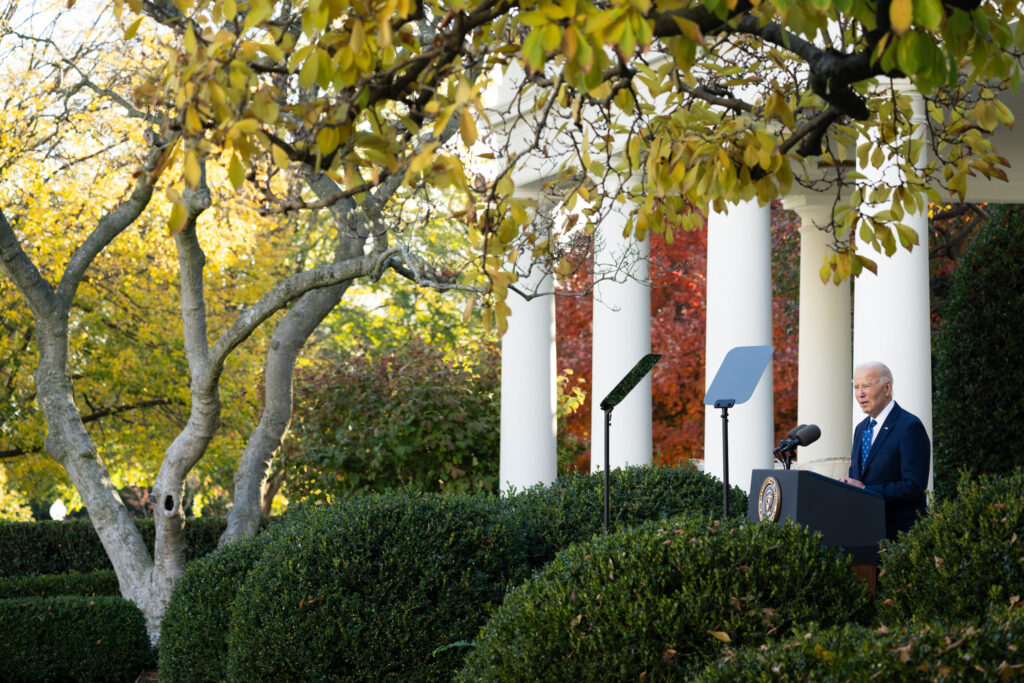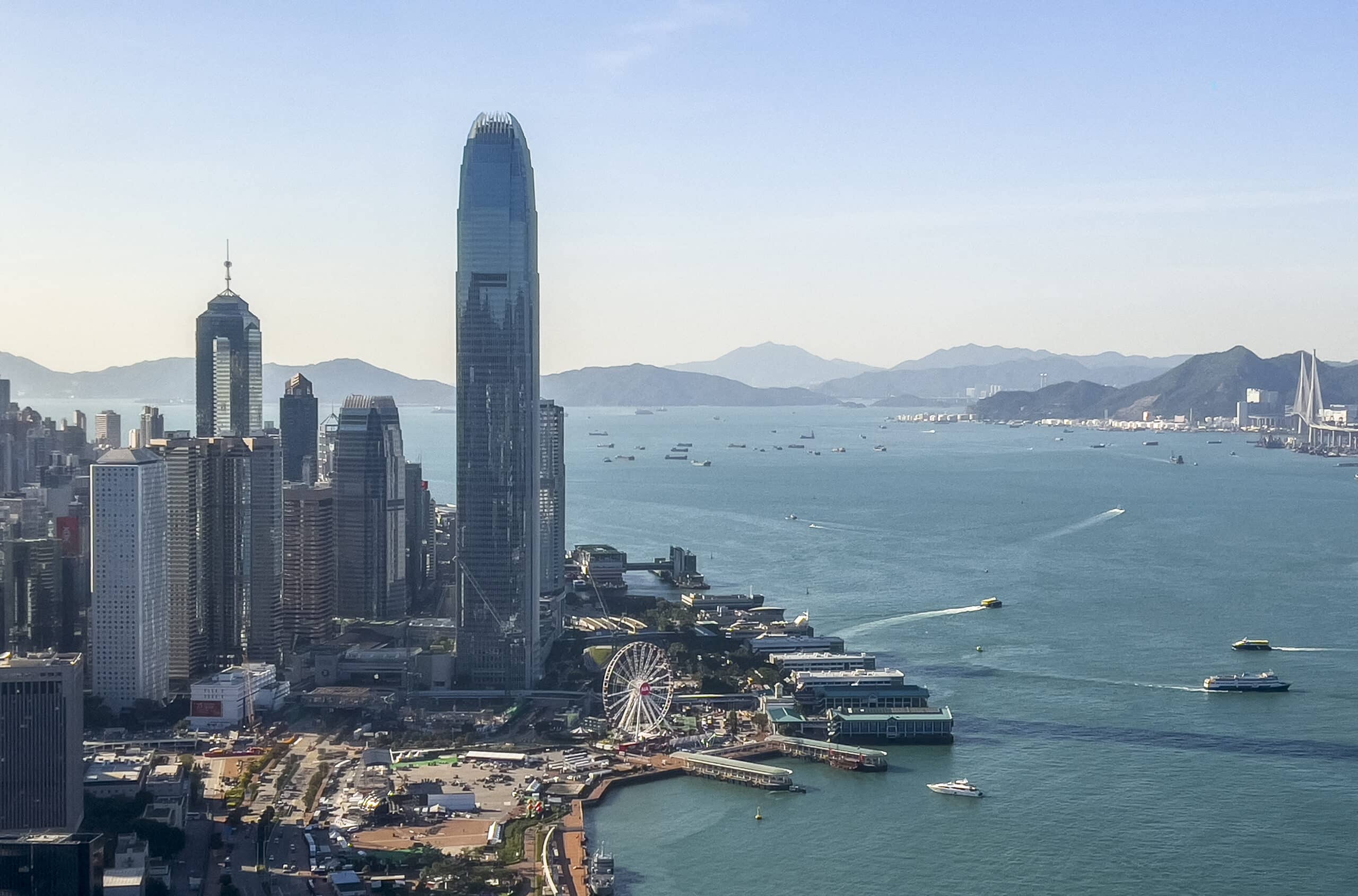
Hyundai Group has strengthened hydrogen cooperation with Toyota through two leadership meetings. (Image courtesy of Hyundai·Kia Communication Center) SEOUL, Nov. 27 (Korea Bizwire) – A second Trump administration could reshape the global automotive industry into an oligopolistic structure, with only a few dominant players surviving based on their hybrid vehicle technology, U.
S. production capacity, and ability to benefit from sanctions against China, industry analysts say. Industry analysts expect traditional automakers to face a survival-of-the-fittest scenario, with winners potentially emerging stronger in a less competitive, more concentrated market.

Toyota, Hyundai Motor Group, and General Motors are being identified as potential winners among traditional automakers, while Tesla and BYD are expected to lead in the electric vehicle sector. Hybrid electric vehicle (HEV) production capability is seen as crucial for survival in the global market, particularly as Trump has suggested he might eliminate the Inflation Reduction Act’s $7,500 electric vehicle tax credit. This positions Toyota and Hyundai Motor Group favorably.
According to MarkLines data cited by SK Securities, Toyota led the global HEV market with 2.49 million units sold last year, capturing 35% market share. Hyundai ranked sixth with 347,000 units (5%), while Kia placed seventh with 312,000 units (4%).
Jose Muñoz, Hyundai’s incoming CEO and current COO, recently emphasized the company’s flexible approach to electrification. “While electrification is our long-term path, we’re prepared to adjust flexibly along the way,” he said, noting readiness to produce HEVs, plug-in hybrids, extended-range EVs, and even hydrogen fuel cell vehicles. U.
S. production capacity, which helps manufacturers avoid potential 10-20% universal tariffs, gives GM an advantage with approximately 2 million of its 2.6 million U.
S. sales produced domestically last year. Hyundai Group has signed a comprehensive agreement with GM in September for joint vehicle development.
(Image courtesy of Hyundai Motor Group) Hyundai Group is strengthening its position with its Metaplant America (HMGMA) in Georgia, which began EV production last month and is expected to add HEV production in the second half of next year after completion in Q1. Hanwha Investment & Securities analysis suggests that while a 10% universal tariff could reduce Hyundai-Kia’s operating profit margin by 2.3 percentage points, expanding HMGMA capacity to 600,000 units and increasing production at existing Alabama and Georgia plants could limit this impact to less than 1 percentage point long-term.
The third critical factor is benefiting from U.S. restrictions on Chinese competitors.
This comes as BYD, the world’s largest EV maker, reported Q3 revenue of 201 billion yuan, surpassing Tesla’s $25.2 billion for the first time. “U.
S. restrictions on Chinese firms provide time for other manufacturers to enhance their competitiveness in eco-friendly and autonomous vehicles,” said Dr. Kim Kyungyou of the Korea Institute for Industrial Economics & Trade.
The industry’s evolution is driving strategic collaborations. Hyundai Group has strengthened hydrogen cooperation with Toyota through two leadership meetings and signed a comprehensive agreement with GM in September for joint vehicle development. Toyota has maintained a fuel cell partnership with BMW since 2013, recently expanding into future mobility collaboration.
These partnerships are partly driven by restructuring announcements from competitors like Volkswagen, Nissan, and Stellantis. NH Investment & Securities predicts these “cliff-edge collaborations” will significantly influence industry restructuring, with brand competitiveness gaps widening as partnership plans materialize next year. Kevin Lee (kevinlee@koreabizwire.
com).














